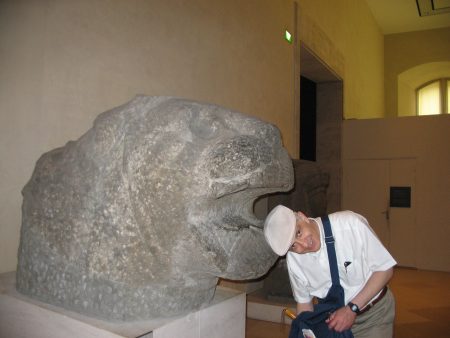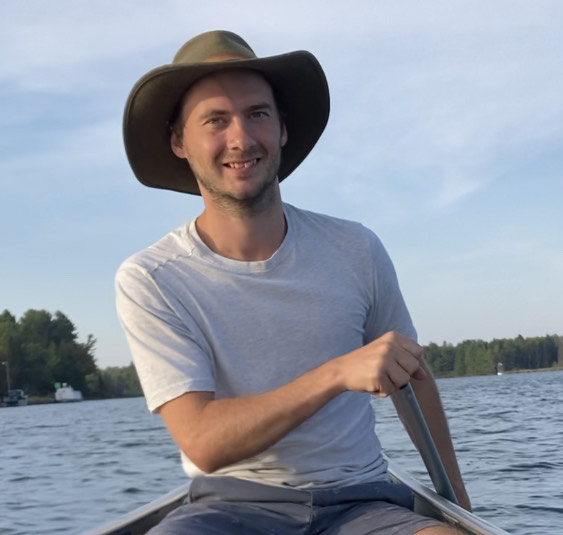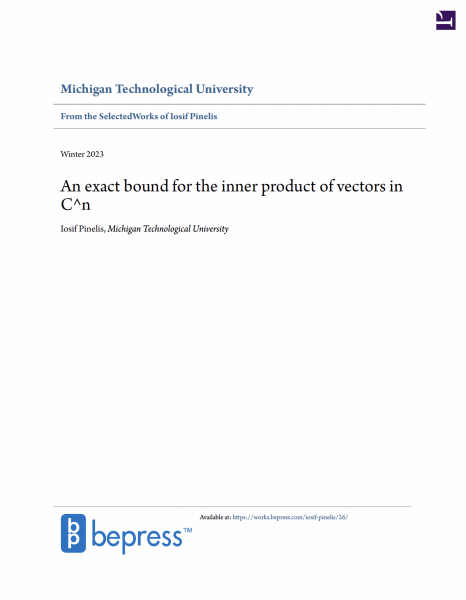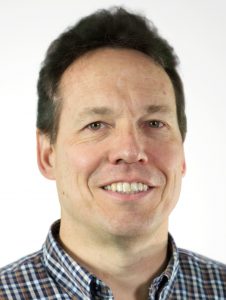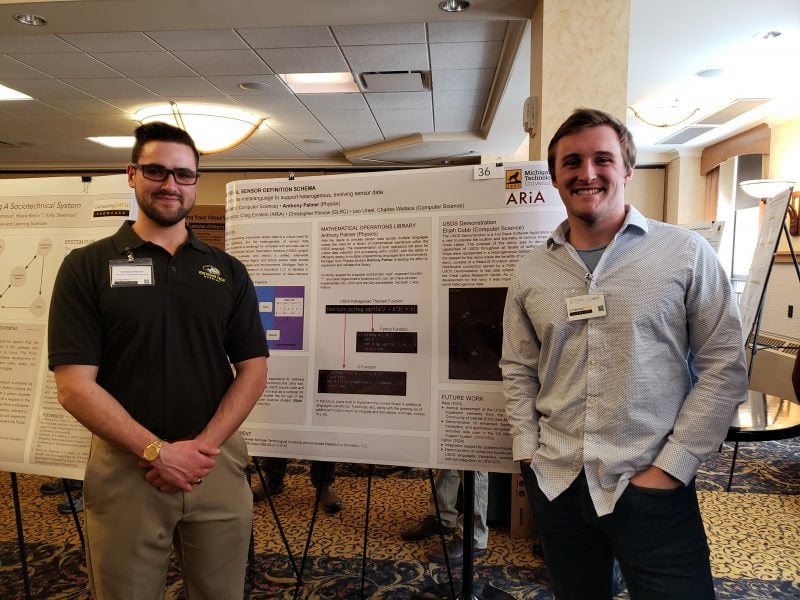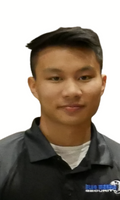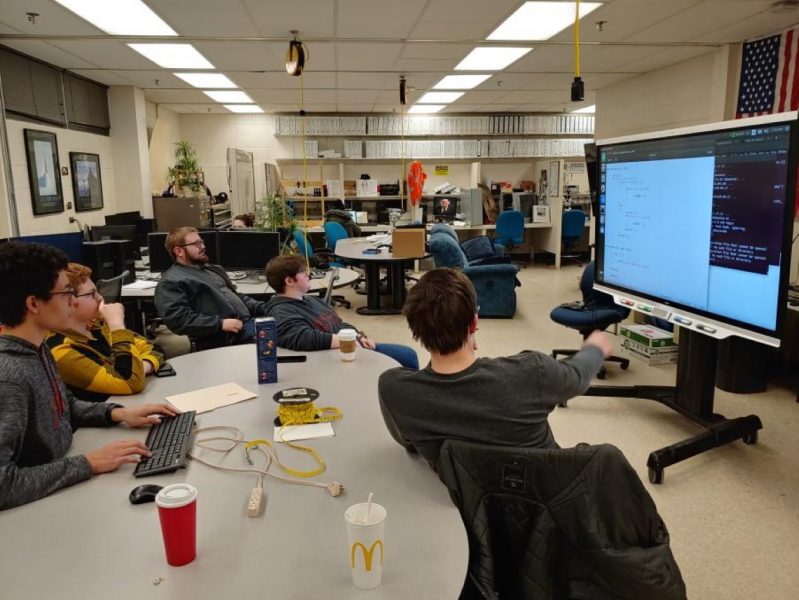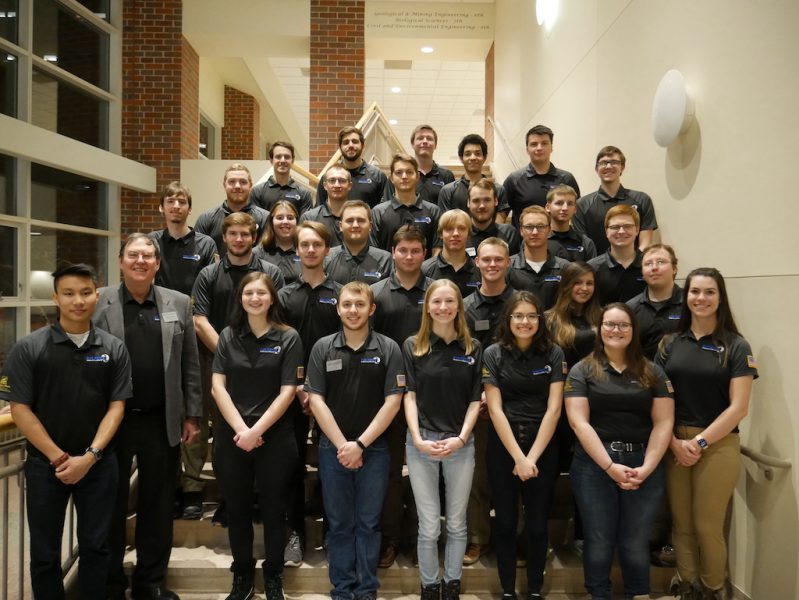Congratulations to Iosif Pinelis. Dr. Pinelis is the author of a paper published in the Journal Electronic Communications in Probability. The paper is titled “Asymptotics of the rate function in the large deviation principle for sums of independent identically distributed random variables.”
Dr. Pinelis is a professor of mathematical sciences whose main interests are in exact inequalities and limit theorems and extremal problems in probability theory. Other interests include optimization, evolutionary modeling, and operations research.
About the Mathematical Sciences Department
Mathematicians at Michigan Technological University conduct research and guide students, applying concepts to fields like business, engineering, healthcare, and government. The Mathematical Sciences Department offers undergraduate and graduate programs with degrees in mathematical sciences, applied statistics, and statistics. Students supercharge their math skills at Michigan’s premier technological university. They graduate prepared for successful careers in academia, research, and tomorrow’s high-tech business environment.
Questions? Contact us at mathdept@mtu.edu. Follow us on Facebook or read the Mathematical Sciences news blog for the latest happenings.
